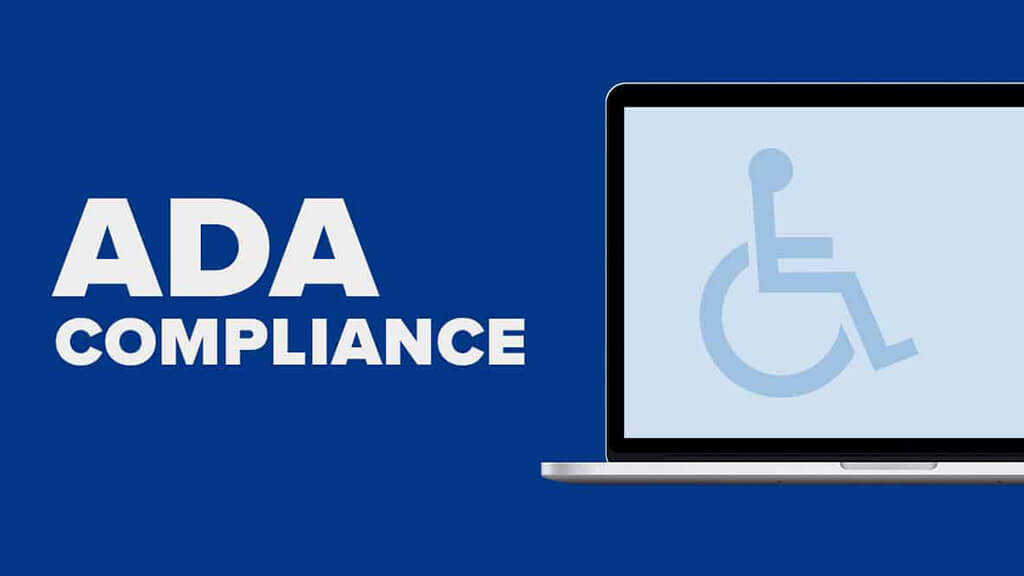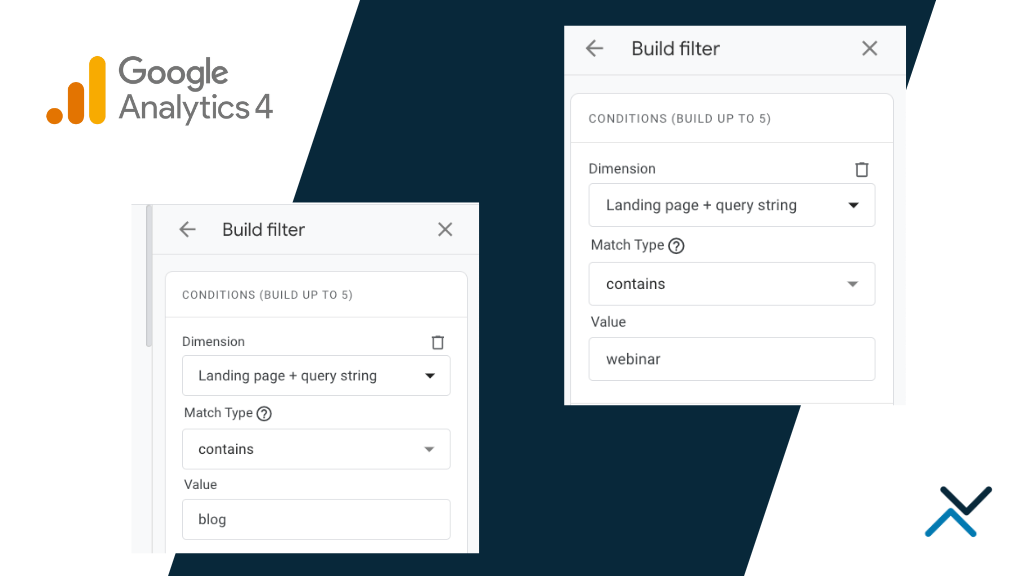In light of recent regulations, web designers are now required to create websites that are in compliance with the Americans with Disabilities Act (ADA). If a designer / developer fails to craft a website with the ADA guidelines in mind for a business entity, there is potential to face legal consequences.
What Is ADA Compliancy?
The Department of Justice (DOJ) distributed the Americans with Disabilities Act (ADA) Standards for accessible design back in September 2010. These standards express that all electronic data and information technology must be available to individuals with disabilities. The ADA contrasts from Section 508 guidelines, which are an alteration to the Rehabilitation Act of 1973 and apply to all data, including PC equipment, programming, websites and online documentation.
ADA regulations apply to private employers with 15 or more employees, publicly-facing businesses and all government agencies. Failure to comply with ADA guidelines could result in penalties.
How Does ADA Compliancy Apply to the Web?
Businesses who operate a website online must comply with ADA regulations and make their content accessible to everyone, including those with disabilities. This simply means that a website must be designed to be accessible to the deaf, blind or those who navigate by voice, screen readers or other assistive technologies. Websites must consider font sizes for everyone, colors used on the site, captioning, image accessibility and functionality to work with screen reading devices.
The key thing for small business owners to remember is that ADA compliancy only applies if you have 15 or more employees and operate a business at least 20 weeks out of the year. If you operate a small company with just a few employees, you are likely okay to fly under the radar. Regardless, it is best practice to utilize web design that is functional and friendly to everyone.
Case Study: Dominos Pizza

In a national case about ADA regulations and web development, Dominos recently came under fire for not being compliant with the Americans with Disabilities Act. The national pizza chain failed to offer an experience that was available to everyone, including blind customers who were unable to appropriately use the site. Specifically, the plaintiff in the case could not fully use Dominos’ website through screen-reading software.
Dominos fought the case all the way to the Supreme Court, where the company was denied an appeal. The company argued that the law as outdated and should not apply to modern websites and apps. The Supreme Court felt otherwise:
Each defendant must figure out how to make every image on its website or app sufficiently accessible to the blind, how to render every video or audio file sufficiently available to the deaf, or how to provide content to those who cannot operate a computer or mobile phone,” the pizza chain had argued. “Businesses and nonprofits must maintain that accessibility as their online content constantly changes and grows through links to other content.
While this level of regulation would not apply to a small business website or app, the case does go to show that government agencies are strictly enforcing ADA compliancy more than ever before.
If you do operate a small business website, employ 15 people or more and operate a minimum of 20 weeks out of the year, you will need to make sure your site is compliant with ADA regulations.









